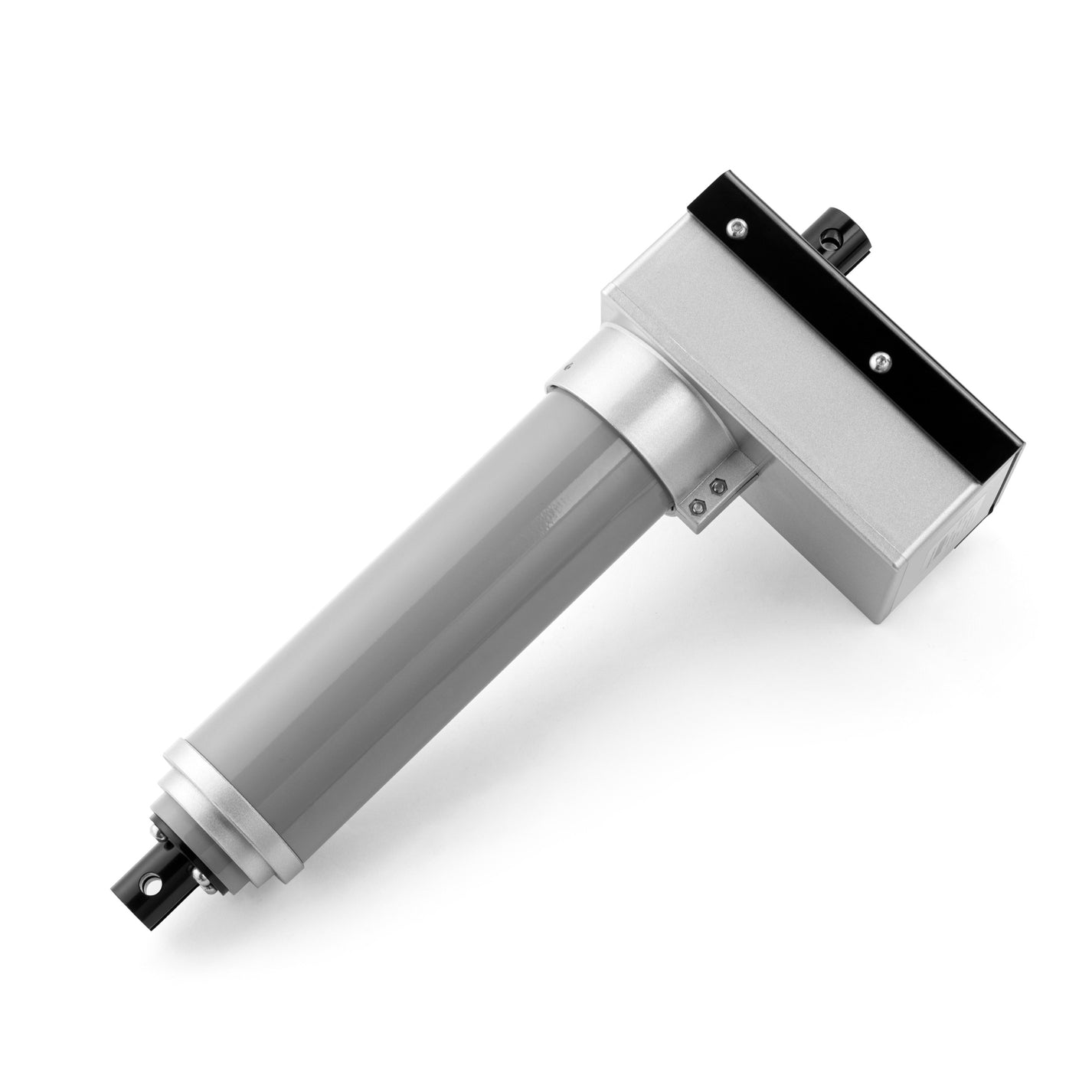Electric actuators are an integral part of modern machinery and automation systems. These devices convert electrical energy into mechanical motion, offering precise control and high efficiency. They are used across various industries, from manufacturing to home automation, providing reliable and efficient solutions for numerous applications. In this article, we will delve into how electric actuators work, their common applications, benefits, and factors to consider when choosing the right one for your needs.
How Electric Actuators Work
Electric actuators operate by converting electrical energy into mechanical movement. This conversion is typically achieved through a motor that drives a mechanical system composed of gears and screws. The main components of an electric actuator include:
- Motor: The heart of the actuator, responsible for creating motion.
- Gearbox: Adjusts the speed and torque of the motor to the required levels.
- Screw Drive: Converts rotational motion into linear motion.
- Control System: Manages the actuator’s movement and ensures precision.
These components work together to provide accurate and repeatable movements, making electric actuators ideal for applications requiring precise control.
Common Applications
Industrial Automation
In industrial settings, electric actuators are used to automate machinery, enhancing productivity and precision. They control robotic arms, conveyor belts, and other equipment essential for manufacturing processes. Their ability to provide precise movement and positioning makes them invaluable in automated production lines.
Home Automation
Electric actuators are at the core of many smart home devices. They enable the automation of windows, doors, and even furniture, offering convenience and improved energy efficiency. For example, motorized blinds and adjustable beds rely on electric actuators for smooth and quiet operation.
Medical Devices
In the medical field, electric actuators are used in various applications, including adjustable hospital beds, patient lifts, and surgical tables. Their reliability and precision ensure patient safety and comfort, making them indispensable in healthcare settings.
Automotive Industry
In the automotive industry, electric actuators are used in various systems, from seat adjustments to throttle control. They are crucial for the development of advanced driver-assistance systems (ADAS) and electric vehicles (EVs), providing precise and reliable motion control.
Benefits of Electric Actuators
Precision and Control
Electric actuators offer high levels of accuracy, which is essential for tasks requiring precise positioning. Their control systems allow for fine-tuning of movement, ensuring that the desired position is reached every time.
Efficiency and Reliability
Electric actuators are highly efficient, converting electrical energy directly into mechanical motion with minimal loss. They are also reliable, with fewer moving parts than hydraulic or pneumatic systems, resulting in lower maintenance requirements.
Safety and Ease of Integration
Safety is a significant advantage of electric actuators. They operate quietly and smoothly, reducing the risk of injury in automated systems. Additionally, they are easy to integrate into existing systems, thanks to their straightforward control mechanisms.
Choosing the Right Electric Actuator
Selecting the appropriate electric actuator for a specific application involves several considerations.
Factors to Consider
- Load Requirements: The actuator must be capable of handling the required load without compromising performance.
- Speed and Precision: The desired speed and accuracy of movement will influence the choice of actuator.
- Environmental Conditions: Factors such as temperature, humidity, and exposure to elements should be considered to ensure durability.
Tips for Selection
- Assess Specific Needs: Understand the specific requirements of your application to choose an actuator that meets those needs.
- Consult with Experts: Seek advice from manufacturers or industry experts to make an informed decision.
- Consider Future Scalability: Choose an actuator that can accommodate future upgrades or changes in application requirements.
For a wide range of electric actuator electric actuators and expert advice on selecting the right one, you can explore various options available online.
Conclusion
Electric actuators are essential components in modern automation, offering precision, efficiency, and safety across a variety of applications. Their ability to convert electrical energy into controlled mechanical motion makes them indispensable in industries ranging from manufacturing to healthcare. As technology advances, the role of electric actuators will only become more significant, driving innovation and efficiency in numerous fields. Understanding how these devices work and their benefits can help you make informed decisions when integrating them into your systems.





